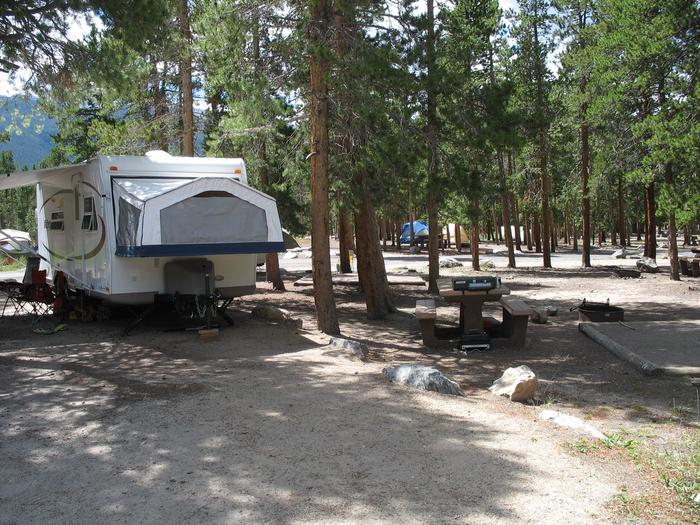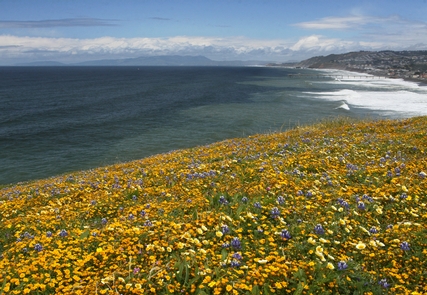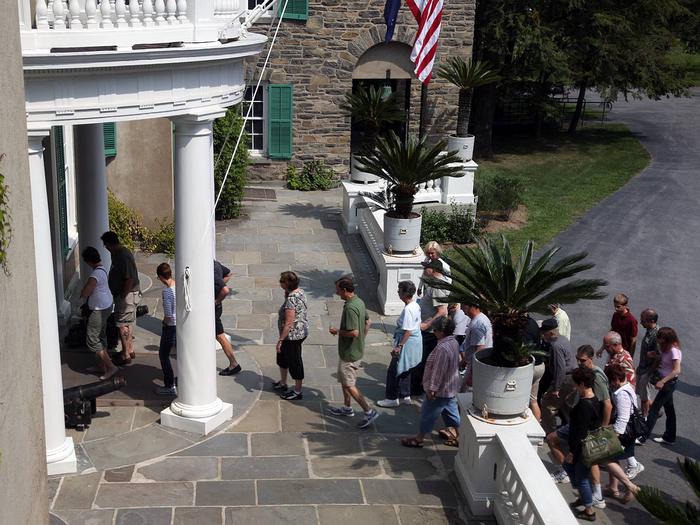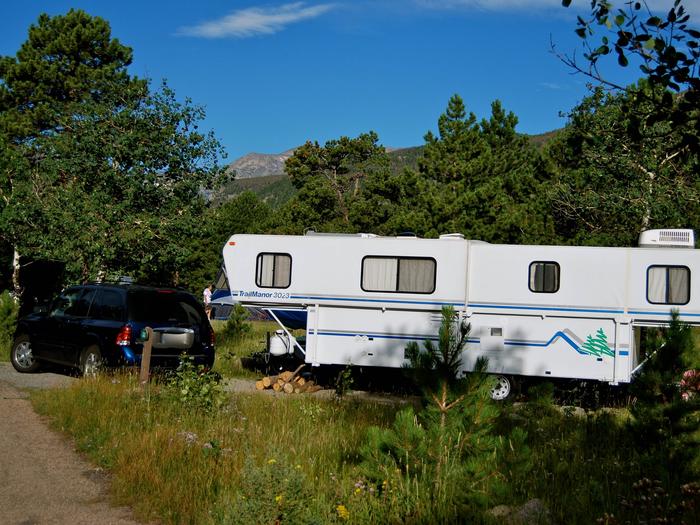Directions
From I-95: take Exit 220 (SR 406, Garden St.) east through Titusville. Cross over the Indian River Lagoon. The Refuge entrance sign and information kiosk are located on the east side of the Indian River Lagoon. Refuge maps and brochures are available at the kiosk. Continue east for 4 miles to reach the visitor information center, located on the right side of the road. From U.S. 1: follow U.S. 1 to Titusville. At the intersection with SR 406 (Garden St.), turn east. Cross over the Indian River Lagoon and follow the above directions.
Phone
321-861-5601
Activities
AUTO TOURING, BOATING, INTERPRETIVE PROGRAMS, FISHING, HIKING, HUNTING, VISITOR CENTER, WILDLIFE VIEWING
Camping Reservations
Reserve your campsite at these camping areas:
Hiking Trails
Looking for nice hiking areas to take a hike? Choose from these scenic hiking trails:
Related Link(s)
Merritt Island National Wildlife Refuge
Merritt Island National Wildlife Refuge (MINWR) headquarters is located five miles east of U.S. 1 in Titusville, Florida. The Refuge, which is an overlay of the John F. Kennedy Space Center, was established in August 1963 to provide a buffer zone for the National Aeronautics and Space Administration (NASA) in the quest for space exploration. Approximately one half the Refuge’s 140,000 acres consist of brackish estuaries and marshes. The remaining lands consist of coastal dunes, scrub oaks, pine forests and flatwoods, and palm and oak hammocks. The coastal location of MINWR, with its seven distinct habitat types and position between the subtropic and temperate zones contribute to the Refuge’s importance as a major wintering area for migratory birds. Over 500 species of wildlife inhabit the Refuge with 16 currently listed as federally threatened or endangered. Several wading bird rookeries, approximately 10 active bald eagle nests, numerous osprey nests, up to 400 manatees and an estimated 2,500 Florida scrub jays can be found on the Refuge. The objectives of MINWR are to provide habitat for migratory birds, to protect endangered and threatened species, to provide habitat for natural wildlife diversity, and to provide opportunities for environmental education, interpretation, and compatible wildlife-oriented recreation. In addition, as part of a complex, MINWR administers Lake Wales Ridge and St. John’s National Wildlife Refuges.







